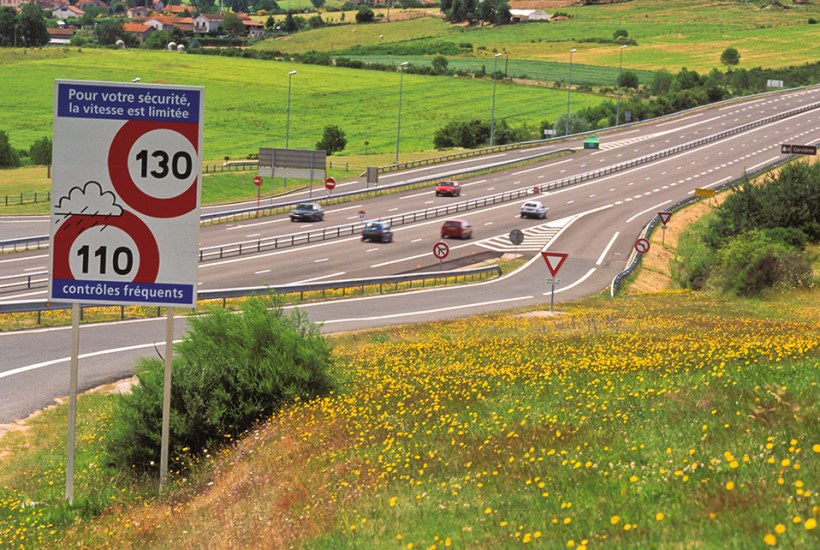The news that Heineken, the Dutch brewer, has sold its business in Russia to a local buyer for a token $1 – at a loss of €300 million, but with job guarantees for 1,800 Russian workers – raises moral issues about when and how multinationals should withdraw from pariah states. A database compiled by Yale professor and corporate responsibility campaigner Jeffrey Sonnenfeld, tracking 1,586 foreign operators in Russia since the invasion of Ukraine, counts 534 as having made a clean exit versus 219 (including BT and some smaller UK-listed companies, alongside a plethora of Chinese names) ‘digging in’ for business as usual.
The rest, global brands and pharma giants among them, are in-between, keen to be seen postponing new investments or scaling back existing ones – but not quite ready to leave. All of which implies tough decisions: about PR shame at home; about a collapsing Russian economy and the risk of state confiscation; and the potential upside, unlikely as it may be, of a more benign post-Putin regime.
Sonnenfeld, I read, was inspired to make his career urging business leaders to do the right thing (in this case meaning pulling out) by observing western companies’ decisions to withdraw, or not, from apartheid South Africa in the 1980s. I’m reminded of the example of Barclays, which – under pressure from students, charities and some shareholders – shed its South African interests in 1986, only to reopen on a smaller scale in 1995 and be told by Nelson Mandela himself: ‘You should never have sold.’ That tells us these choices are nuanced – but the comparison only goes so far while there’s no Mandela on the Russian horizon.
Dividends of sin
At last, a success for ‘digital Britain’: a social media platform from Essex that reaches 238 million users, generates income for three million content creators and rewarded its owners with $338 million in dividends last year. Welcome to OnlyFans, which may look small beside YouTube or TikTok but is a Union Flag on their territory – and one of Europe’s fastest-growing companies.
On the downside, however, OnlyFans’ creators include (besides fitness and music video-makers) vast numbers of sex workers making homemade porn to sell to subscribing ‘fans’. As for the dividends, they flow largely to the Ukrainian-American Leonid Radvinsky, who bought a majority interest in OnlyFans from British founder Tim Stokely and his family. So hardly a cause for patriotic pride. In the pit of online sin, Stoke-on-Trent’s Denise Coates, who rivalled Radvinsky by taking home £260 million last year as boss of the sports betting site Bet365, looks saintly by comparison.
Payback time
Another fashionable question of conscience: when should you pay back your bonus? If you’re the director of a museum that has had 2,000 artefacts stolen on your watch, best to leave the cheque on your vacated desk. Likewise if you’re a Post Office manager returning extra dosh awarded for your part in an inquiry into the Horizon IT scandal, in which hundreds of innocent sub-postmasters suffered miscarriages of justice, you might add a note asking what kind of idiot devised such an insensitive wheeze in the first place.
To which the answer can be found in a report to the Post Office board in June by its incoming remuneration committee chair, Amanda Burton, explaining in short that, ‘during a period of great uncertainty due to Covid’, other bonuses were scaled back but her predecessors came up instead with the Horizon-related ‘Transformation Incentive Scheme’, which distributed £2 million to 47 recipients. Its metrics were as complex as its morality was absent: a perfect parable of how unconsidered excesses of executive pay have become a faultline of capitalism.
Handsome highways
‘Gosh, these French autoroutes are good,’ you would have said to yourself if you motored back from your holidays. Handsomely sculpted across the landscape, punctuated with shady picnic stops, France’s toll motorways are the apotheosis of roadbuilding. If you’re jammed near Calais and think that’s hyperbole, turn around, take the A75 southbound over Norman Foster’s Millau viaduct – and gasp in wonder.
What’s more, being run by strong private-sector franchisees such as the engineering groups Vinci and Eiffage, these masterworks are also examples of successful privatisation. Unlike Britain’s rail franchisees, the operators make rising profits despite strict regulation of revenues. So much so that transport minister Clément Beaune has proposed a ‘super-profits’ tax on them that would raise €100 billion for the modernisation of France’s state-run railways.
The companies affected are up in arms, but it sounds smart – as well as green – to me. In an alternate universe of joined-up Whitehall thinking, if HS2 could have been financed from tolls on UK motorways upgraded to autoroute standards, our great transport white elephant might have had a hope of completion.
Last lunch
Never mind blue-sky thinking on infrastructure investment, you mutter as you contemplate your pothole-ridden homeland beyond the Eurotunnel; come on, cheer us up with one last value-for-money French restaurant tip. OK, here’s this summer’s winner. My house party walked three miles uphill one morning to the Arcadian village of Saint-Laurent-la-Vallée (Dordogne), where Le Bistrot de la Vallée’s €16 menu is popular with white-van workmen using the luncheon vouchers that are both a legal entitlement and a symbol of the cultural importance of communal eating. In dappled sunlight and gentle breezes, we enjoyed tomato salad, sausage and lentils, apricot tart and local rosé. If you think I’m a touch too misty-eyed about life and business across the Channel, this, in essence, is why.
Got something to add? Join the discussion and comment below.
Get 10 issues for just $10
Subscribe to The Spectator Australia today for the next 10 magazine issues, plus full online access, for just $10.
You might disagree with half of it, but you’ll enjoy reading all of it. Try your first month for free, then just $2 a week for the remainder of your first year.















Comments
Don't miss out
Join the conversation with other Spectator Australia readers. Subscribe to leave a comment.
SUBSCRIBEAlready a subscriber? Log in